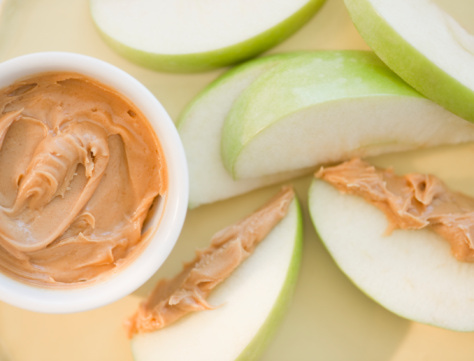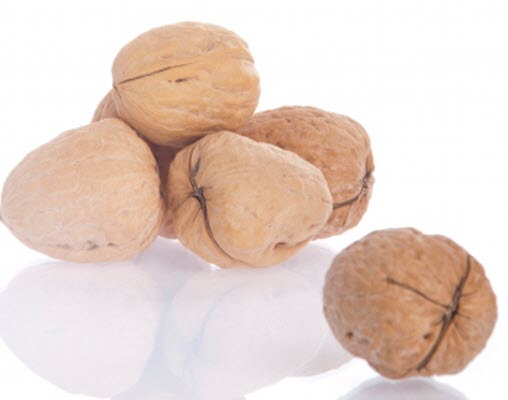Sour Stomach
(Src)
Sour Stomach
Sour stomach is referred as a disorder due to food indigestion rather than a medical complication. When stomach fails to handle food indigestion, it causes complication like Sour Stomach or Stomach ache.
The upset stomach is also referred as Dyspepsia. Dyspepsia symptoms include bloating, nausea, burping, belly pain, etc. This disorder can be simply avoided by changing the food habits.
What is Sour Stomach
Sour Stomach is used to describe a condition associated with gastrointestinal disturbances. It is usually associated with indigestion and acid reflux.
The main reason for the onset of the Sour Stomach is excessive consumption of food, rich in carbohydrates, fats, and sugars.
The other factors that lead to sour stomach include medical issues, stress, lack of active lifestyle, consuming too much greasy and spicy food, etc.
It also found in patients who are on a prescribed NSAID drugs for a longer duration. Some of the NSAID drugs include aspirin, ibuprofen, naproxen, etc. These NSAID’s may also cause ulcers and stomach upset.
Symptoms of Sour Stomach
- Regurgitation: It is a reflux of fluid from the stomach into the esophagus
- Nausea: It is a sensation that triggers vomiting often caused due to an upset stomach
- Stomach bloating: It gives the feeling of satiate even the small portion of food is taken.
- Heart Burn Mild to severe heart burn may also be related with the sour stomach.
Causes of Sour Stomach
There are numerous factors responsible for the cause of Sour Stomach. Some are responsible for acute conditions of the upper gastro-intestinal tract.
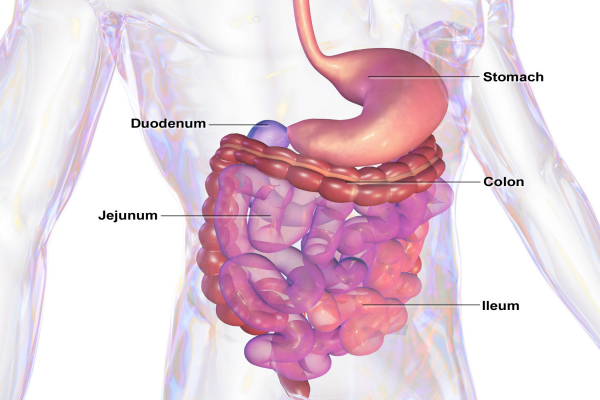
(Src)
Factors that onset Acid Reflux are
- Overeating
- Over consumption of carbonated beverages and alcohol
- Lying flat with the face facing down immediately after eating
- Strenuous physical exercise immediately after eating
- Hanging upside down after eating
- Swallowing air
- Consuming spicy foods
- Excess caffeine intake
- Certain narcotics
- Excess use of medication like NSAID, antibiotics, and aspirins
- Insomnia or sleeping disorder
Persistent sour stomach may be due to a chronic condition like
- Gastritis – Food poisoning and food infection
- Peptic Ulcer- Diarrhea and vomiting
- Anxiety – Changes in the neurotransmitter function (serotonin receptor inside the gut)
Preventive steps for Sour Stomach
Sour Stomach is completely avoidable with little adjustments to the eating habits. If you frequently have the sour stomach complains. You need to be precarious while selecting food.
Adapting the following food habits can be helpful in sour stomach cure.
- Rather than single large meal, consume a small meal
- Eat bland meals that are balanced in proteins and carbohydrates. A moderate amount of fat is allowed.
- If fatty meals trigger the sour stomach, completely avoid them.
- Consuming dairy product, sorbitol, and gluten altogether should be avoided
- Avoid consuming carbonated drinks with meals
- Consume juice made from various vegetables and that can be easily digestible
- If the sour stomach is caused due to anxiety, then try calming yourself down. As well as drink plenty of water, this will help to reduce the sour stomach effect.
What to eat during Sour Stomach
Often its a common question, what to eat with an upset stomach. Here is the list of food that is the best food for the upset stomach.
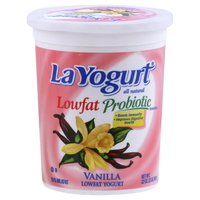
(Src)
|
|
|
|
|
|
|
|
How to get rid of Sour Stomach
To get quick relief from Sour Stomach, usually, people prefer antacids. Some of the popular medicines for an upset stomach are Tums, Gaviscon, Maalox, Mylanta, etc.
Sour stomach remedies
You can also try some home or natural remedies if condition is not serious or in case medication is not really your first choice.
- Asafetida
- Carrot juice
- Carom seeds
- Lemon
- Yogurt
- Soda water
- Hot water bag
- Baking soda
- Charred Toast
- Rosemary
- Ginger and peppermint in a small proportion
What Causes Sour Stomach
Some foods can make this condition worse. Some of them are
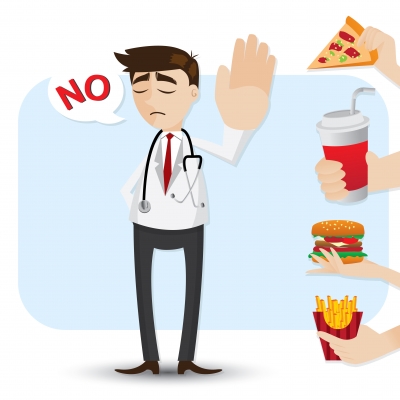
(Src)
- Artificial Sweetener: Sorbitol is a single most artificial sweetener found in candies and sweets. This factor is mostly associated with digestive problems. So always read the labels on the food packets and screen for sorbitol, before buying it.
- Alcohol: It is responsible for toxicity inside the stomach lining. Alcohol reduces the esophageal sphincter pressure causing acid reflux
- Caffeine: Excess amount of caffeine can worsen your digestive problem. It may induce acid reflux if beverages containing caffeine are taken emptied stomach.
- Frozen foods:Frozen foods stored for a longer period might breed bacteria that are not good for your stomach. It can cause some serious digestive problems (food poisoning) or worsen the existing ones.
- Processed foods: Processed food contains artificial coloring and preservatives. Such foods lack fibers that give laxative properties. It can affect your digestive tract.
When to see a Physician
- Acute sour stomach: If the condition persists for more than hour or two even after taking treatment.
- Chronic sour stomach: If the condition relapses at regular intervals. It is better to see a doctor before, it may cause permanent damage.


